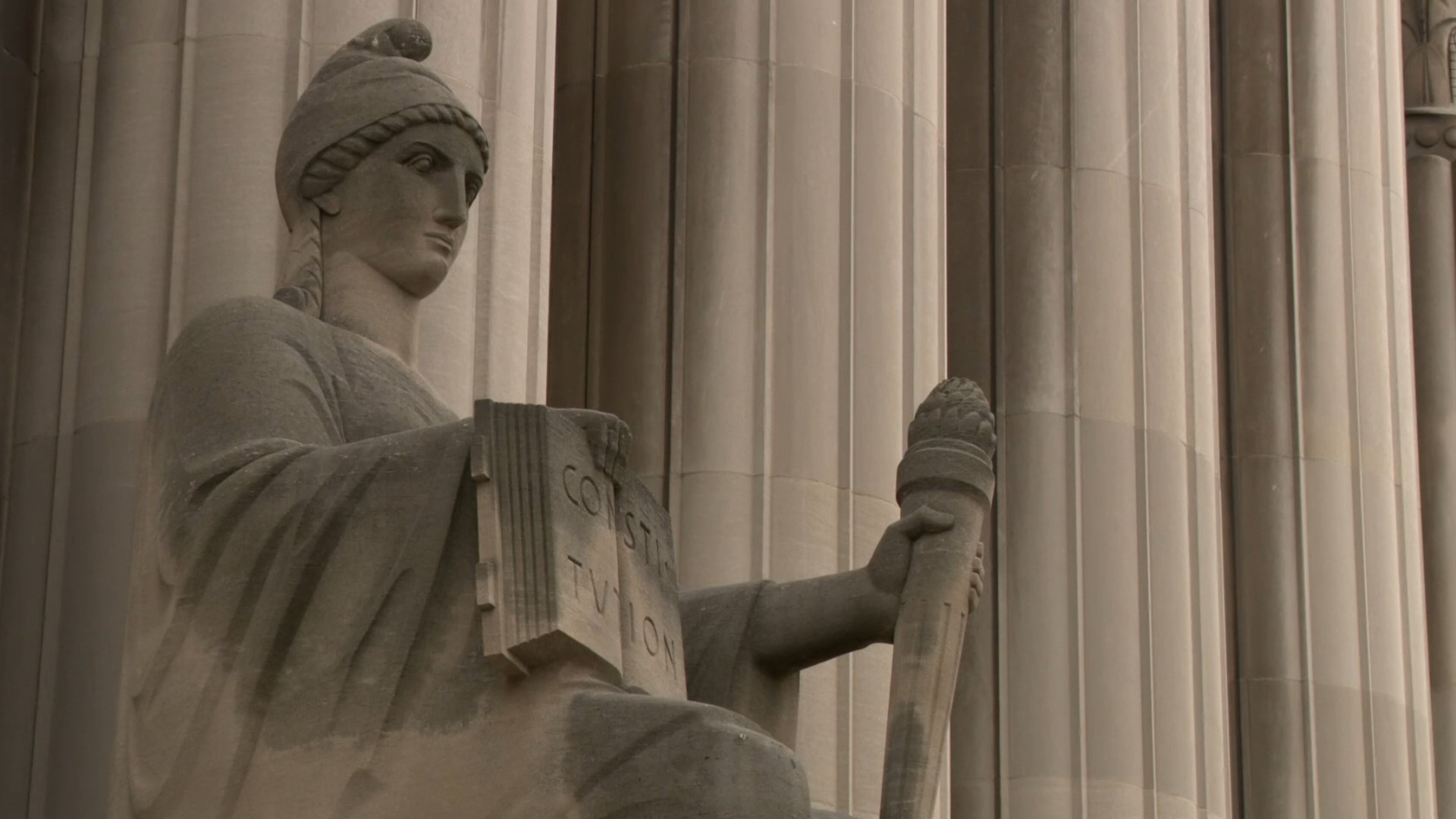ST. LOUIS — A hearing date was set for the effort to free a St. Louis man convicted of murder in 1991.
St. Louis Circuit Attorney Gabe Gore's office petitioned a court last month to vacate the 1991 conviction of Christopher Dunn in the killing of 15-year-old Ricco Rogers. A hearing before Circuit Court Judge Jason Sengheiser was scheduled for May 20 through 22.
Editor's note: The above video was published on Feb. 7.
Sengheiser will consider the evidence presented at Dunn's original trial and any additional evidence that has been presented in post-conviction proceedings and any other information presented at the hearing.
Dunn, 52, was 18 when Ricco Rogers was killed. Among the key evidence used to convict him was testimony from two boys who were at the scene of the shooting. Both later recanted their testimony, saying they had been coerced by police and prosecutors.
A 2021 law now allows prosecutors to seek court hearings in cases with new evidence of a wrongful conviction. It has led to the freeing of another longtime inmate, Kevin Strickland, who served more than 40 years for a Kansas City triple killing. Lamar Johnson, who spent nearly three decades in prison, was the second inmate freed as a result of the new law.
The Missouri Attorney General's Office can argue against the motion to vacate, as it has in previous instances of the law's use.
It is the second time a circuit attorney has petitioned to vacate Dunn's conviction.
Gore's predecessor, Kim Gardner, filed the request to vacate Dunn's first-degree murder conviction days before she stepped down from office in May after witnesses who testified against Dunn later said authorities had pressured them to lie. In her request, Gardner cited “clear and convincing evidence” that he had not been involved in the 1990 shooting death of Ricco Rogers.
Last June, Gore withdrew that petition so his office could take more time to review the case. A month later, he appointed Assistant Circuit Attorney Booker Shaw, a former federal judge, to review the conviction.
A judge has heard Dunn's innocence case before. After an evidentiary hearing in 2018, Judge William Hickle agreed that a jury would likely find Dunn not guilty based on new evidence. But Hickle declined to exonerate Dunn, citing a 2016 Missouri Supreme Court ruling that only death row inmates — not those like Dunn sentenced to life in prison without the possibility of parole — could make a “freestanding” claim of actual innocence.

